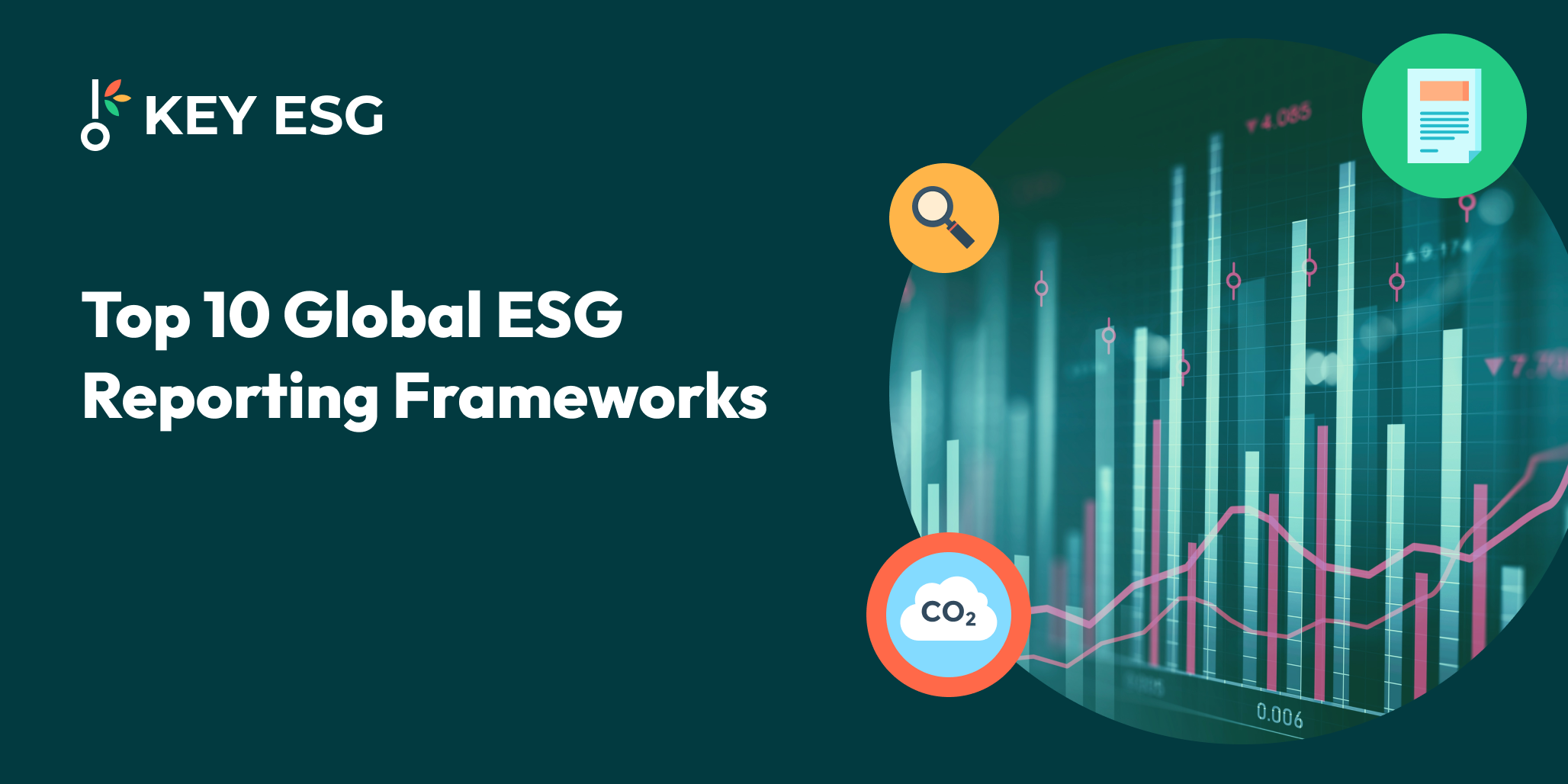As infrastructure and energy transition companies are increasingly relied upon to hit government GHG-reduction targets, companies working within these sectors must adopt appropriate ESG reporting systems.
Successful ESG management in this sector requires granular and accurate data reporting, according to location, asset-type and fund structure, across a variety of metrics relating to carbon, use of natural resources, workforce safety, community impact and more.
Successfully managing ESG considerations not only helps firms to mitigate operational and financial risks, but it also enhances their appeal to investors, making ESG measurement an integral component of sustainable and responsible business practice.








%20(1).png)
%20(2).png)
